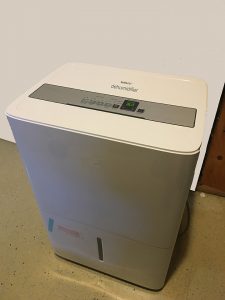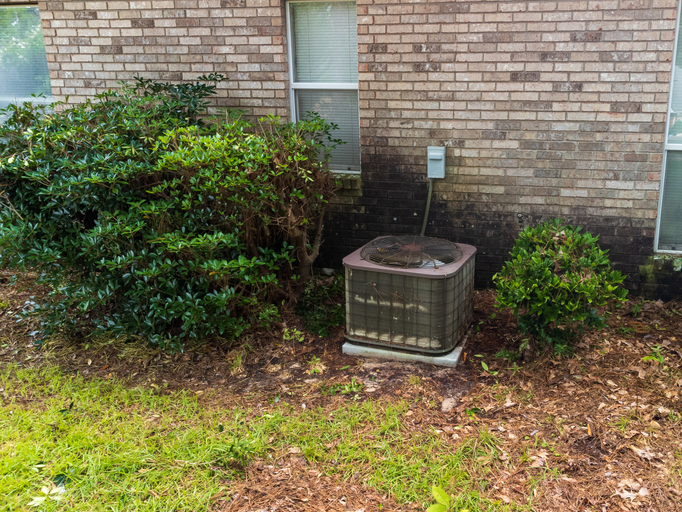Is the Texas Heat or Humidity Worse?

You’ve probably heard people from Arizona talking about how their state’s “dry heat” isn’t really that hot. And Houstonians will moan about how humid the weather is in July and August. Neither one is wrong because differing humidities make the same temperatures feel different. So which is it really: Texas heat or the humidity?
The answer is they work in tandem. Humidity makes you feel hotter. The human body regulates itself to remain at 98.6° F. As you heat up, your blood vessels widen to allow blood to flow to your arms and legs which release heat through your skin. Your sweat glands release moisture which removes heat in evaporation.
Even in the driest conditions, 100 degrees is hot. However, at higher humidity, 100 may feel like 110. This is why TV meteorologists emphasize relative humidity and dew point. In humid conditions, your sweat does not evaporate as quickly. This is why you feel sticky in humid weather. The moisture in the air makes it “feel like” it’s hotter than what the thermometer says.
Dehumidifying Your Home
Even when you’re indoors, you can still feel the Texas heat and humidity. Homes without air conditioning can feel “stuffy”. Now, it’s true that running a dehumidifier is cheaper than running your HVAC system. But while a portable dehumidifier can help your indoor climate feel a little cooler by removing the humidity, they can produce a lot of heat. And that waste heat adds to your home’s cooling load.
So, there’s a trade off. While a dehumidifier can’t replace running your home’s air conditioning system, using one could reduce running your AC system. Sure, you could run the HVAC a degree or two warmer, but you might not notice that heat as much because your home will feel drier.
Therefore, it appears your best bet is to use a single room dehumidifier where you spend a good bit of time. One in the living room and another in the master bedroom should give most households the dehumidification they desire.
Meanwhile, whole home dehumidifiers that dump their waste heat outside the home are in early stages of development. Academic researchers and companies continue to study how such systems can run well at low cost.
Texas Heat And Humidity
The next time you hear, “It’s not the heat. It’s the humidity,” you’ll know that’s only half right. Those two factors combine to make for an energy sapping summer. Make sure your power bill doesn’t sap your wallet, too. So shop for Texas electric plans at https://www.texaselectricityratings.com to find the best one for your home’s power usage.

